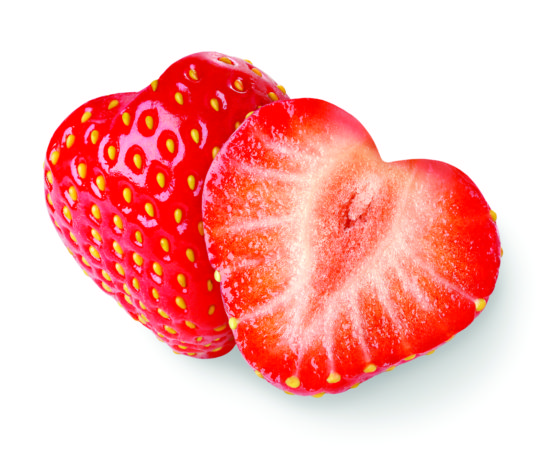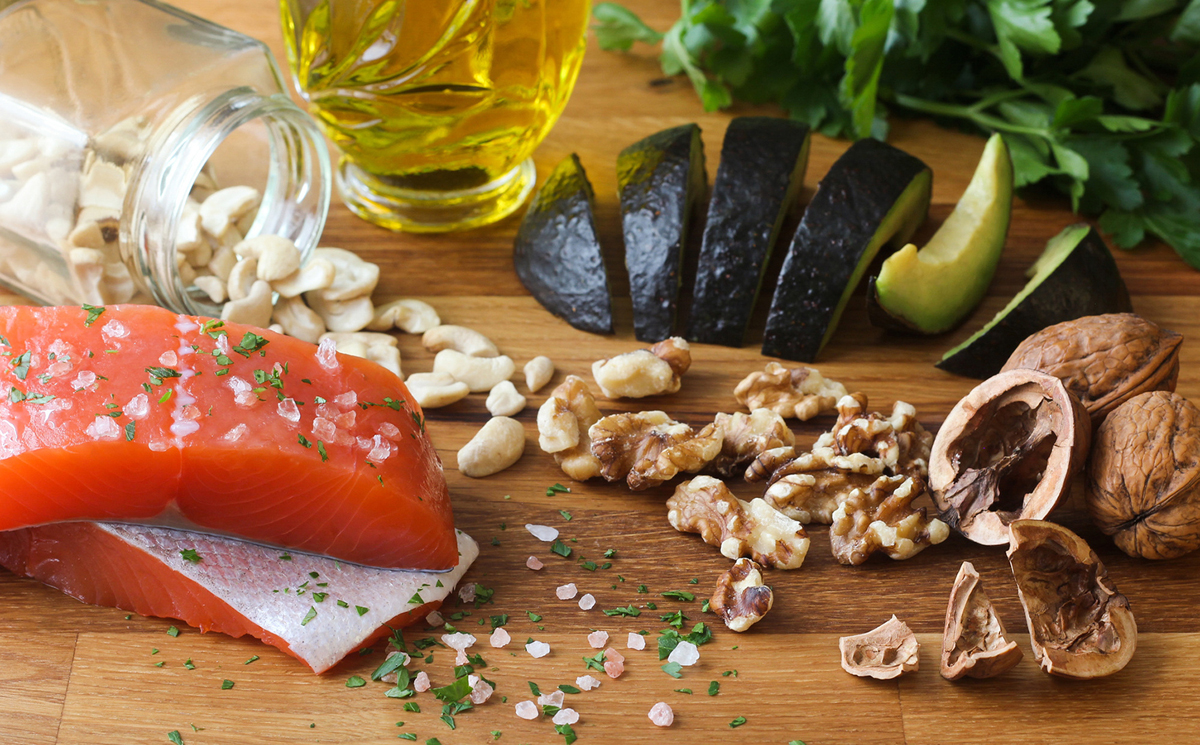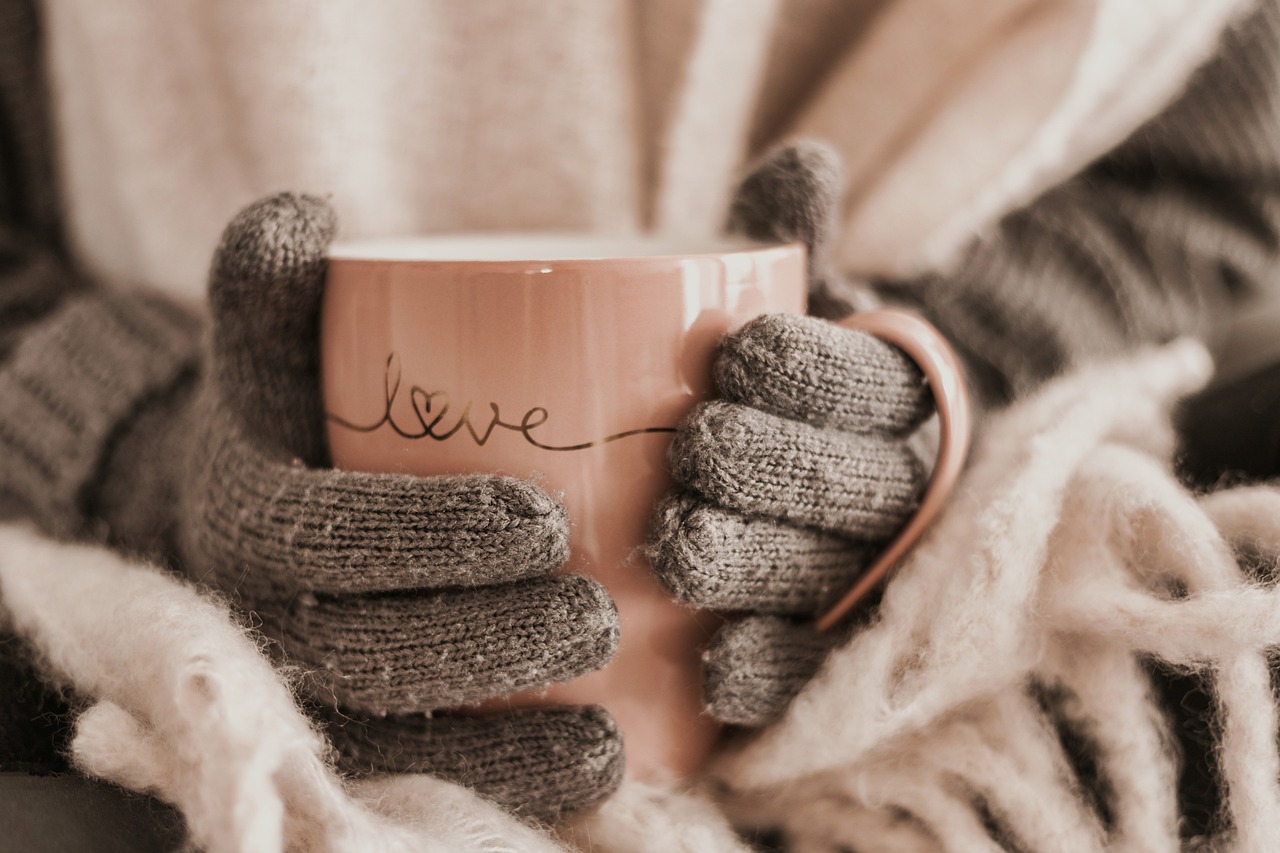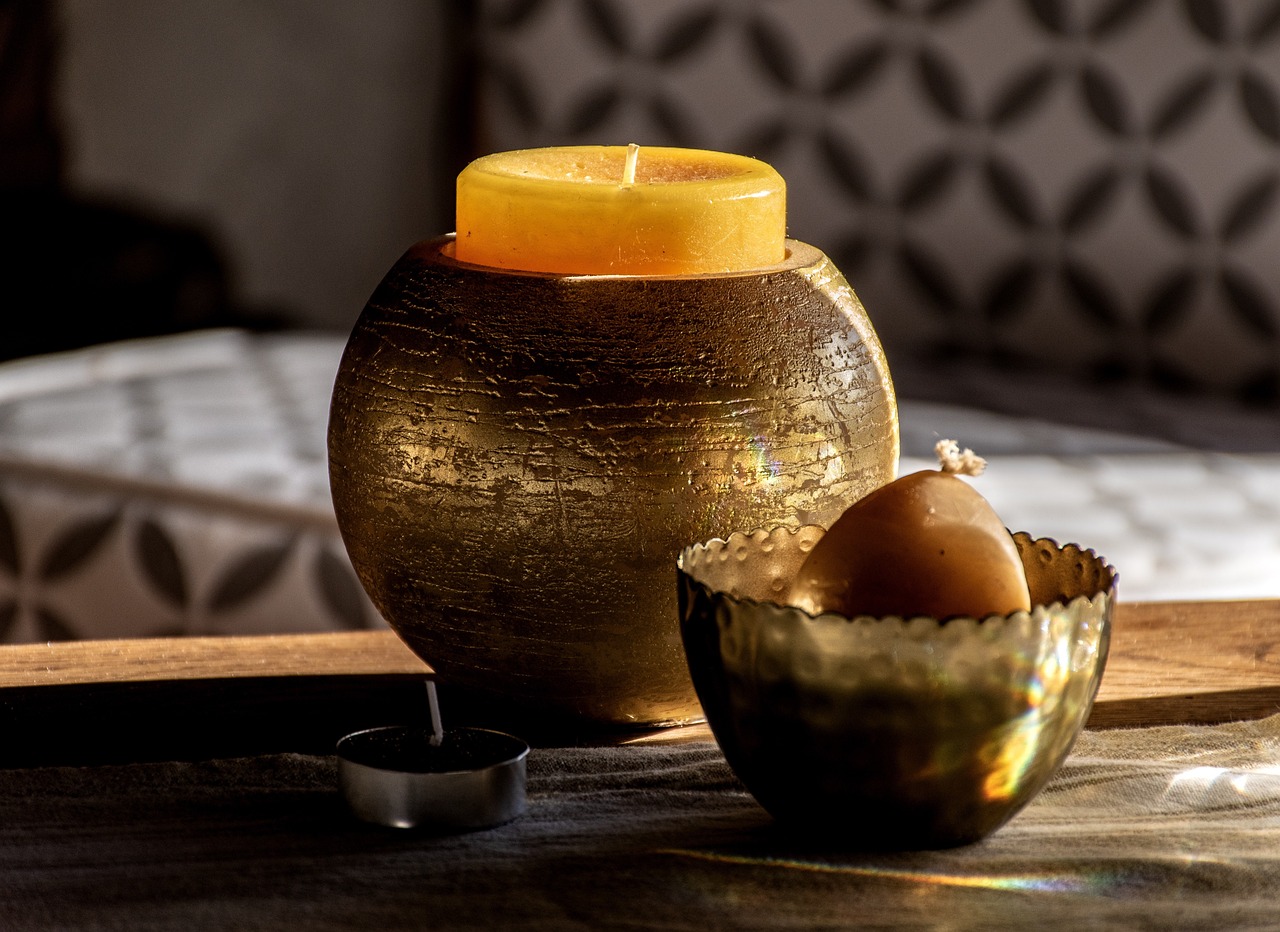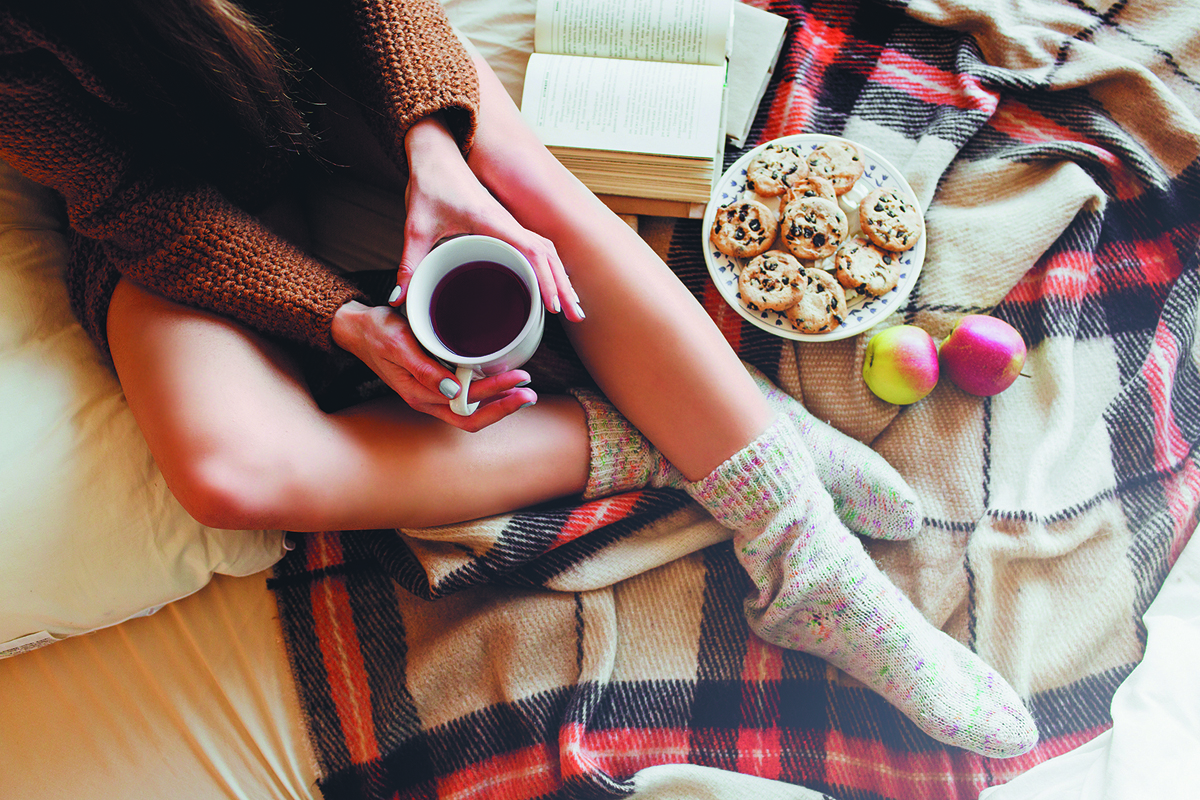Healing Herbs and Aromatherapy for Rejuvenation

In our busy lives, it can be challenging to find moments to relax and recharge. However, incorporating healing herbs into an aromatherapy routine can provide a natural sense of calm and tranquility.
Aromatherapy is the practice of using essential oils and natural plant extracts to promote physical and emotional well-being. The use of aromatic herbs for aromatherapy has been around for centuries and is becoming increasingly popular in modern times.
Here are some of the best herbs to use for relaxation and how to incorporate them into your routine.
Lavender:
Known for its calming and soothing properties, lavender is one of the most popular herbs used for aromatherapy. It helps to reduce anxiety, promote sleep, and create a sense of peace and relaxation. Use lavender essential oil in a diffuser or add a few drops to your bathwater to create a relaxing atmosphere.
Chamomile:
Chamomile is another herb that is commonly used for its calming effects. It helps to reduce stress and anxiety, promotes relaxation, and aids in sleep. Drink chamomile tea before bed or add dried chamomile to a hot bath for a peaceful nighttime ritual.
Peppermint:
Peppermint is a refreshing and invigorating herb that can help to relieve tension headaches and reduce stress. Its cooling properties make it an excellent choice for a refreshing foot soak or added to a cold compress to soothe sore muscles.
>>Aromatherapy for Emotional Security
Rose:
Rose has a sweet and floral aroma that is known for its calming properties. It helps to reduce stress, anxiety, and promote relaxation. Add dried rose petals to your bath or use rose essential oil in a diffuser to create a tranquil atmosphere.
Eucalyptus:
Eucalyptus is an herb that is commonly used for its healing properties. It helps to reduce inflammation and promote respiratory health. Its fresh and invigorating scent can be added to a diffuser or used in a steam inhalation for a rejuvenating experience.
Incorporating these healing herbs into your daily routine can make a significant difference in your overall well-being.
Here are a few more tips on using herbs for aromatherapy and relaxation:
1. Experiment with different herbs: Everyone’s body reacts differently to herbs, so it’s essential to try out different types of herbs to see which ones work best for you. Some other popular herbs used for relaxation include valerian root, lemon balm, and passionflower.
2. Create a relaxing environment: Using herbs for aromatherapy can be even more effective when combined with other calming elements such as soft lighting and soothing music. Set up a comfortable space, such as your bedroom or living room, and make it a dedicated area for relaxation and aromatherapy.
3. Use high-quality oils and herbs: When using herbs for aromatherapy, it’s important to use high-quality oils and herbs that are free from any additives or chemicals. Look for organic essential oils and dried herbs to ensure that they are of the highest quality.
4. Practice mindfulness: While using herbs for aromatherapy can be incredibly relaxing, it’s important to also practice mindfulness and be present in the moment. Focus on your breath and let your mind and body relax and unwind.
Overall, incorporating healing herbs into your daily routine can provide a natural and effective way to promote relaxation and reduce stress and anxiety. By experimenting with different herbs and creating a calming environment, you can create a ritual that helps you feel refreshed and rejuvenated.
The Author:
Pioneerthinking.com: Ingredients for a Simple Life. Insights from a seasoned professional rooted in country living, with 28 years of horticulture expertise and over two decades of practical experience in homesteading, natural beauty, natural health, cooking and creative living.
Photo. Gemini

